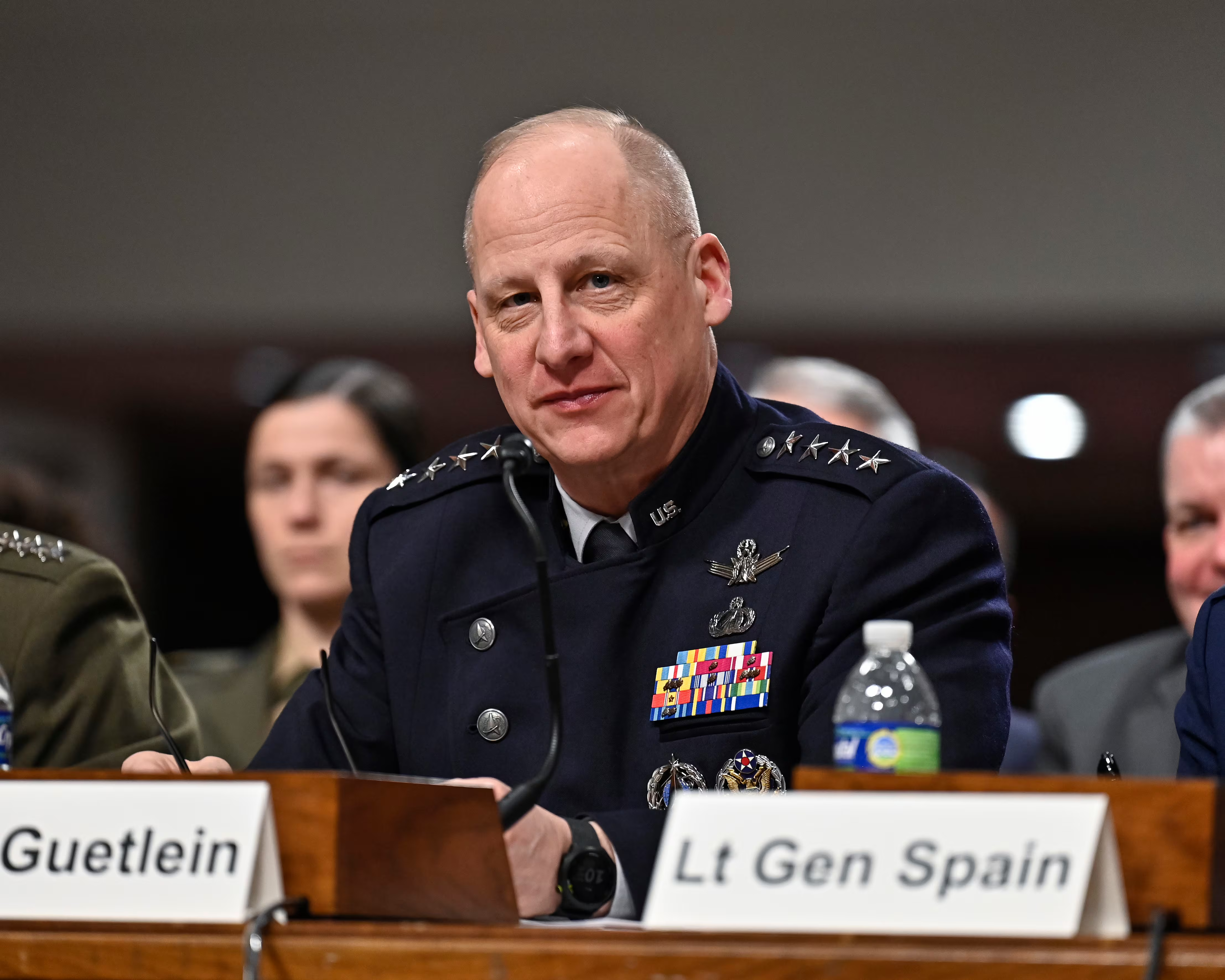WASHINGTON ― Legislation from progressive Democrats to slash authorized defense spending by 10 percent is expected to fail in the Senate this week, with uncertain prospects in the House. But their hope is to advance an internal debate over defense spending, should Democrats take back the White House or the upper chamber.
Sen. Bernie Sanders, I-Vt., and House Progressive Caucus co-chair Mark Pocan, D-Wis., are offering amendments that would cut each chamber’s $740.5 billion FY21 National Defense Authorization Act by about $74 billion. In recent days, advocates published multiple op-eds in support, and on Sunday the Congressional Progressive Caucus announced the cut as its official position.
Republicans, who hold a majority in the Senate, are, for the most part, fighting the amendments in both chambers. Reducing defense spending would undercut the bill’s deterrent effect on Russia and China, which have increased their own defense budgets, said Senate Armed Services Committee Chairman Jim Inhofe, R-Okla.
“If we cut our defense budget now, we play right into their hands,” Inhofe said in a recent op-ed in the conservative Daily Signal.
RELATED

With Americans grappling personally with the effects of the coronavirus on their daily lives, Democrats argue that cutting the defense budget to fund domestic needs has become a mainstream policy. (The Sanders amendment would divert defense dollars to a domestic federal grant program to fund health care, housing, childcare and educational opportunities for cities and towns experiencing a poverty rate of 25 percent or more.)
On Monday, Pocan announced new polling from the progressive think tank Data for Progress showing that, by a 2-to-1 margin, people support a 10 percent cut in the defense budget. Fifty-seven percent of those polled support the idea and only 25 percent oppose.
“The polling is abundantly clear: the American people know that new nukes, cruise missiles, or F-35s won’t help them get their next unemployment check, or pay next month’s rent, or put food on their family’s table, or pay for the costs of healthcare in a global pandemic,” Pocan said in his announcement.

Separately, Pocan told The Intercept he saw the amendments as part of “an organizing campaign around the size of the defense budget, adding: “Next year may be the best chance, with a Democratic president and maybe a Democratic Senate, so we really are going to do everything we can this time.”
Progressives have swayed at least one important Democrat already. Senate Minority Leader Chuck Schumer, D-N.Y., has voted for every Pentagon budget increase of the Trump administration, but he announced his support for Sanders’ amendment when it comes to the floor this week.
Sanders, the top Democrat on the Senate Budget Committee, has long championed cuts for the military, but he believes the argument has new resonance now, said Sanders foreign policy aide, Matt Duss. After quickly allocating $5 trillion to respond to the coronavirus and its economic damage, Congress and the White House have been working for weeks on a new tranche of aid.
“Especially in this moment when a lot of Americans are out of work, they’re struggling, the idea that the U.S. Congress can send another quarter of a trillion dollars to the Pentagon without battling an eye―while not being able to get them more relief―that’s pretty stark,” Duss said Monday. “I think that’s something the pandemic has made very immediate and understandable to a lot of Americans in a way that it might not have been previously.”
Beyond congressional Democrats, Duss acknowledged that strong votes this week, even if the amendments fail, could send a message to former Vice President Joe Biden, who’s running for president. Biden has reportedly been under pressure from left-leaning groups to slash defense spending, if elected, with mixed results.
“What it says to Joe Biden is there is a substantial lobby within your own coalition that says we have to reset priorities,” said Gordon Adams, who led defense budgeting under the Clinton administration. “We know we have a public health crisis that’s been inadequately managed, and it’s going to lead to changes in the healthcare system.”
Should Biden win, he would have his best window early in his administration, before federal agencies are fully staffed, to aggressively pursue Democratic budget priorities, according to Adams. “That first year is crucial because they have to submit their own budget, there isn’t an outgoing budget that’s been submitted,” Adams said.
RELATED

Jim Manley, who was Democratic Senate Majority Leader Harry Reid’s senior communications adviser, said it seems likely Democrats will have a significant debate over spending priorities next year, especially if the Senate flips and Sanders becomes chairman of the Budget Committee. But the size of the votes this week will be what determines how much pressure a President Biden would be under.
“We will see how the votes go, but I am not sure that this is where a majority of House and Senate Democrats are,” Manley said. “It’s interesting that Sen. Schumer has sided with the progressives here but I don’t think that anyone should be under the illusion that he is going to whip his caucus or do much of anything to get Senate Democrats on board.”
Whatever the strategic goals, Republicans are arguing the amendments make for abysmal policymaking. In the House floor debate over the Pocan amendment Monday, several likened it to sequestration budget cuts.
House Armed Services Committee Republicans on Monday released a statement arguing the cuts, among other reductions, would sap funding from operations, maintenance, training, military construction accounts, military housing and education for military dependents. To boot, research and development would lose $17 billion.
“This amendment is a deeply irresponsible stunt that would have great implications for our national security,” said HASC member Rep. Liz Cheney, R-Wyo. “We would, with this amendment, undermine the readiness of our troops on air, on land and at sea.”
Joe Gould was the senior Pentagon reporter for Defense News, covering the intersection of national security policy, politics and the defense industry. He had previously served as Congress reporter.








